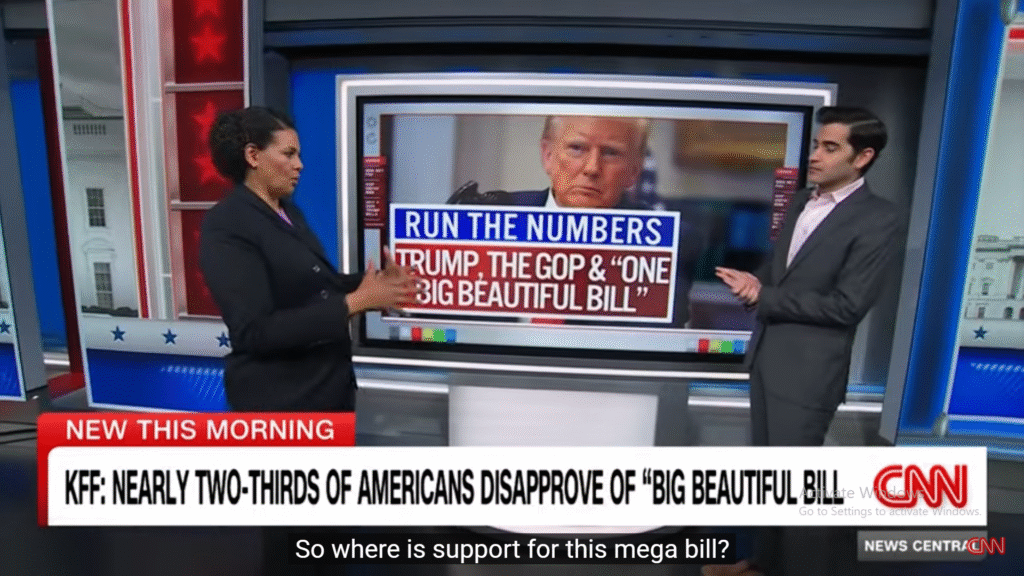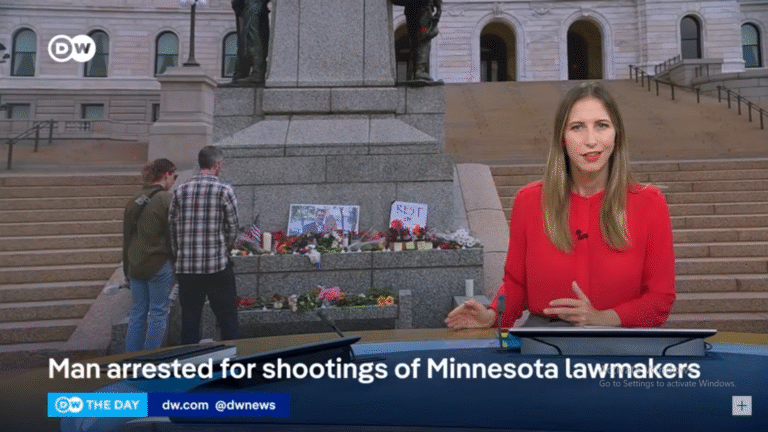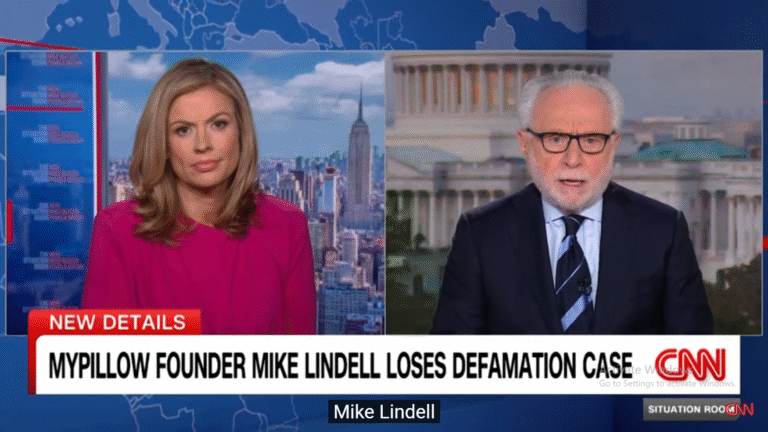
‘It’s Not Good’: Enten Breaks Down Public Support for Trump’s ‘Big, Beautiful Bill’
Political analyst Harry Enten has delivered a sharp reality check regarding former President Donald Trump’s latest legislative proposal, commonly referred to by Trump as the “big, beautiful bill.” Despite the former president’s bold branding, public opinion doesn’t seem to match the enthusiasm coming from his camp.
Speaking on a recent CNN segment, Enten didn’t sugarcoat his analysis:
“It’s not good,” he said, referring to polling data that shows lukewarm — or even declining — public support for the bill.
While Trump has promoted the legislation as a transformative economic and infrastructure package, aimed at reviving American jobs and reducing government waste, Enten pointed out that only a small segment of voters view the bill favorably. Independent voters, in particular, appear skeptical about the bill’s actual benefits.
Why the Numbers Matter
Polls indicate that many Americans are either unclear about what’s actually in the bill or are wary of its costs. Some critics argue that the plan lacks transparency, while others see it as more political posturing ahead of the 2024 election cycle than a serious legislative effort.
“A majority of voters say they either don’t understand the bill or believe it won’t deliver on its promises,” Enten explained.
This disconnect between Trump’s confident messaging and the public’s mixed reaction could become a critical factor in upcoming debates — both in Congress and on the campaign trail.
Public Sentiment vs Political Strategy
Trump’s inner circle remains optimistic, claiming that once the public understands the bill’s full scope, support will rise. However, analysts like Enten argue that strong public support is usually needed from the beginning if a major bill is to succeed — especially in today’s sharply divided political climate.
As 2024 approaches, the fate of the “big, beautiful bill” may hinge less on policy details and more on how effectively Trump and his team can shift public opinion. For now, as Enten puts it bluntly, “the numbers are simply not on their side.”




